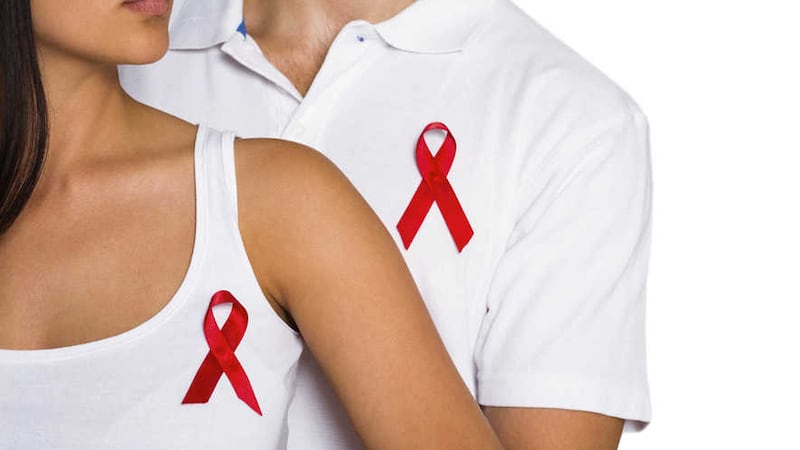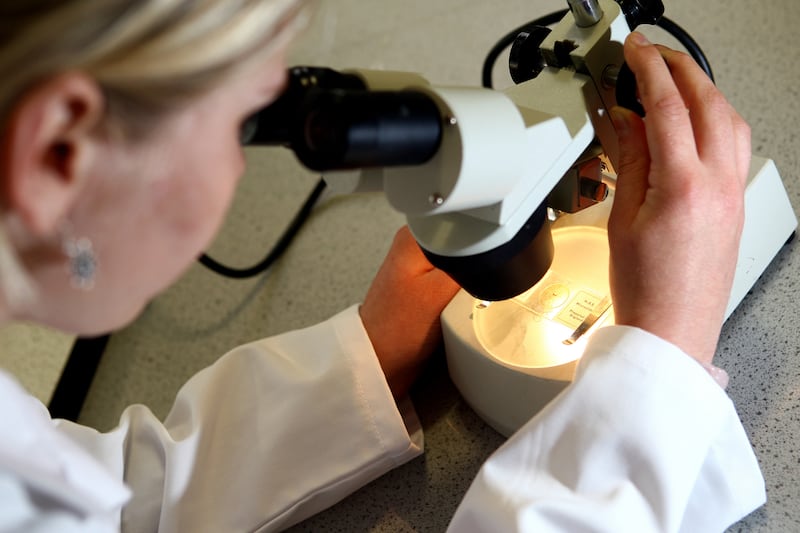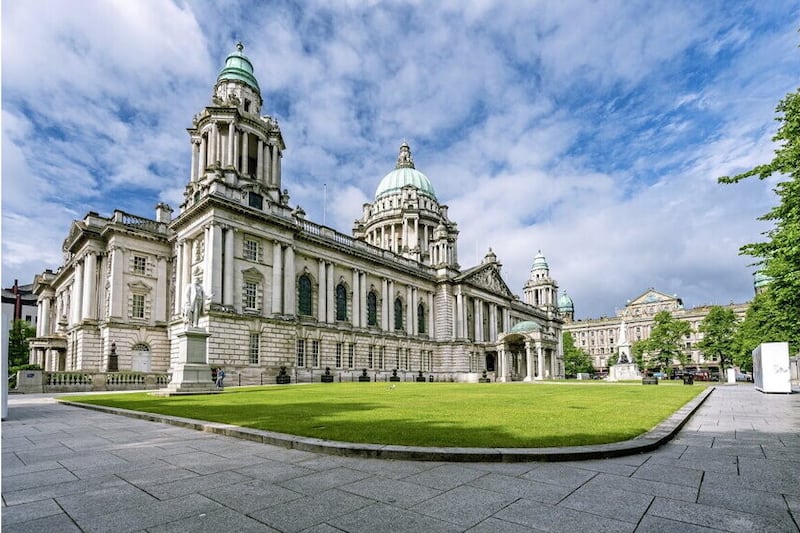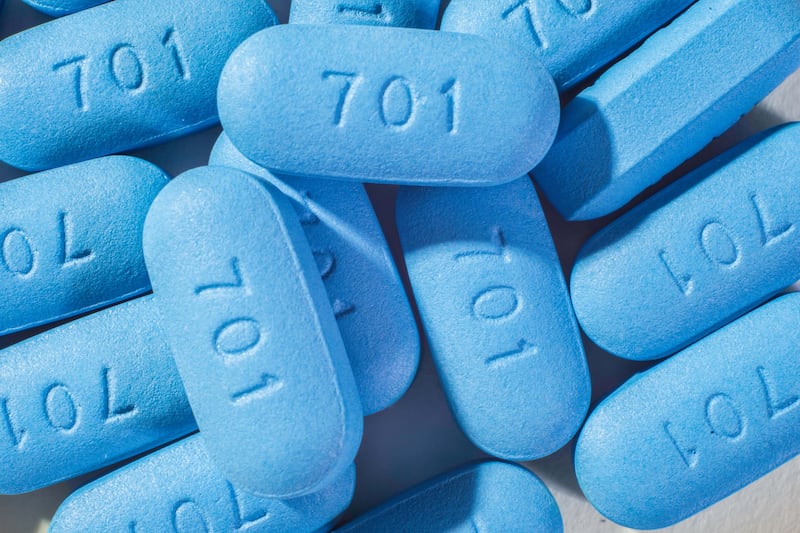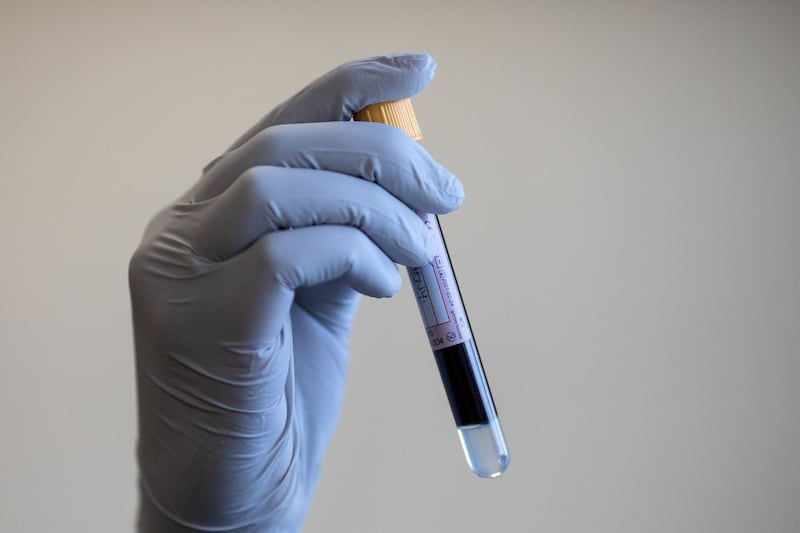AN experimental immunotherapy drug could herald a "breakthrough" in the treatment of HIV and Aids, it is claimed.
In early tests, rhesus macaques given the antibody showed sustained recovery from infection by the monkey equivalent of the HIV virus.
Within four weeks of receiving the therapy, almost no SIV (simian immunodeficiency virus) could be detected in the animals' blood or gastro-intestinal tissues.
Two years after finishing the treatment, levels of the virus remained below the threshold considered harmful. The monkeys appeared healthy and their immune systems functioned efficiently.
The antibody used was a tweaked variant of the drug vedolizumab which has been available since 2014 in the US and Europe to treat inflammatory bowel diseases such as Crohn's and ulcerative colitis.
A Phase I pilot trial investigating the effect of vedolizumab on HIV-infected patients has already started in the US.
Professor Lutz Walter, from the German Primate Centre (DPZ) at the Leibniz Institute for Primate Research in Gottingen, a member of the international team behind the new treatment, said: "We have good reasons to believe that the therapy will work similarly in humans. It would be a breakthrough for the future treatment of HIV patients."
Many scientists are pinning their hopes on an effective HIV vaccine, several of which are in clinical trials.
The new treatment is not a vaccine because it does not prime the immune system to defend the body against the virus. But it does work via the immune system, targeting white blood cells that are invaded by HIV.
Both SIV and HIV viruses are known to multiply most in so-called "helper" T-cells within intestinal tissues. Helper T-cells are white blood cells that orchestrate the body's immune responses.
In the study, reported in the journal Science, the antibody blocked the passage of helper T-cells into intestinal HIV "hotspots".
"A further spread of the viruses was thereby effectively stopped and the rhesus macaques have controlled the virus infection since almost two years without further medication," Prof Walter said.
The monkeys were first given a course of retroviral drugs, a standard treatment for HIV, which was later withdrawn.
Seven animals given no further treatment were quickly overwhelmed by the returning virus. Of the eight others treated with the vedolizumab variant, six experienced a rebound of viral levels which was controlled within four weeks. The remaining two saw no resurgence of infection at all.
In addition animals treated with the antibody saw a gradual restoration of helper T-cells and other immune cells that had earlier been depleted by HIV attack.
Senior author Professor Aftab Ansari, from Emory University School of Medicine and Yerkes National Primate Research Center in the US, said: "The antibody appears to have helped the entire immune system rebuild itself."
Sustained remission has been a major goal of scientists researching new HIV treatments.
Currently, most patients rapidly relapse as soon as they stop taking antiretroviral drugs. Post-treatment control of HIV has been reported in only a handful of people who were treated soon after infection.
